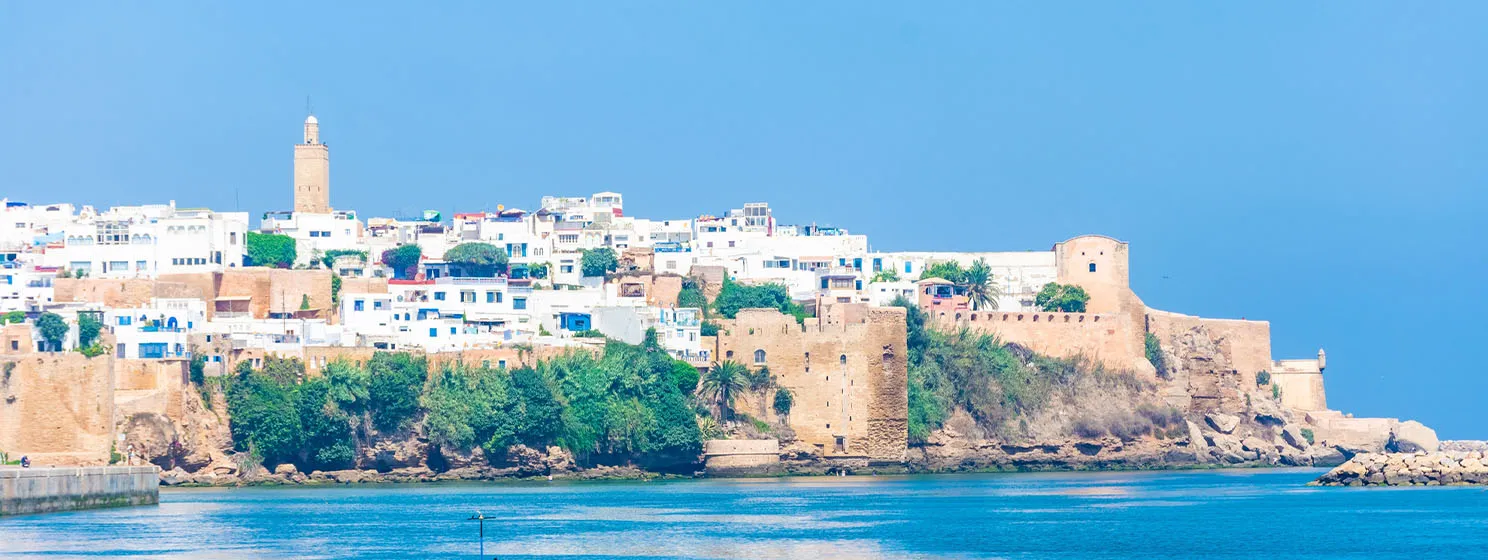|
Getting your Trinity Audio player ready...
|
Morocco’s government has drafted new regulations for the digital asset sector, which would end a seven-year ‘crypto’ ban.
In a recent speech, Abdellatif Jouahri, the governor of the Bank Al-Maghrib (BAM), revealed that the country is softening its stance on digital assets. He confirmed that the central bank had led the initiative and that the new legal framework is in the last stages and will be presented to lawmakers soon.
“In this regard, Bank Al-Maghrib, with the participation of all stakeholders and the support of the World Bank, has prepared a draft law regulating cryptoassets, which is currently in the adoption process,” Jouahri stated in his speech at the 4th Regional High-Level Symposium on Financial Stability in Rabat on Tuesday.
Morocco banned digital assets in 2017, at a time when adoption was soaring across Africa. Since then, the continent has become a Bitcoin hotspot, with Nigeria, Egypt, South Africa, and Kenya ranking highly globally for adoption.
Morocco’s ban did little to curb adoption. Last year, Chainalysis ranked the country 20th globally for adoption; in 2022, it ranked 14th, ahead of heavyweights like the U.K. and Indonesia. Another survey ranked the country 13th globally in 2023, estimating that nearly 5% of its 39 million citizens owned digital assets.
The draft regulations represent a drastic shift for Morocco’s top bank. As recently as two years ago, BAM warned its citizens against digital assets, claiming they posed a “significant risk for Moroccan users.” It also drew links between digital assets and illegal activities such as money laundering.
However, it aligns with the bank’s approach in recent years of reducing the hurdles barring the adoption of emerging technologies to ensure the North African country can still compete with peers globally.
“The Moroccan authorities adopted a regulatory approach aimed at ensuring adequate protection for users and investors, while preserving the opportunities to capitalize on these innovations,” Governor Jouahri told the audience.
Beyond digital assets, the regulator is also exploring a digital dirham and how it could “contribute to achieving public policy objectives, particularly in terms of financial inclusion,” Jouahri revealed.
“It is a long-term endeavor that must take into account the national socioeconomic context, the evolution of the regional and international environment, as well as the impact on some of the missions of the central bank, particularly monetary policy and financial stability,” he stated.
The central bank digital currency (CBDC) project has been ongoing for over three years, but BAM has yet to reveal when it plans to launch the digital currency. Jouahri revealed that one of the aspects that the bank is still working on is cybersecurity, where it has been collaborating with global partners.
Watch: Africans should start owning their data

 09-18-2025
09-18-2025 





